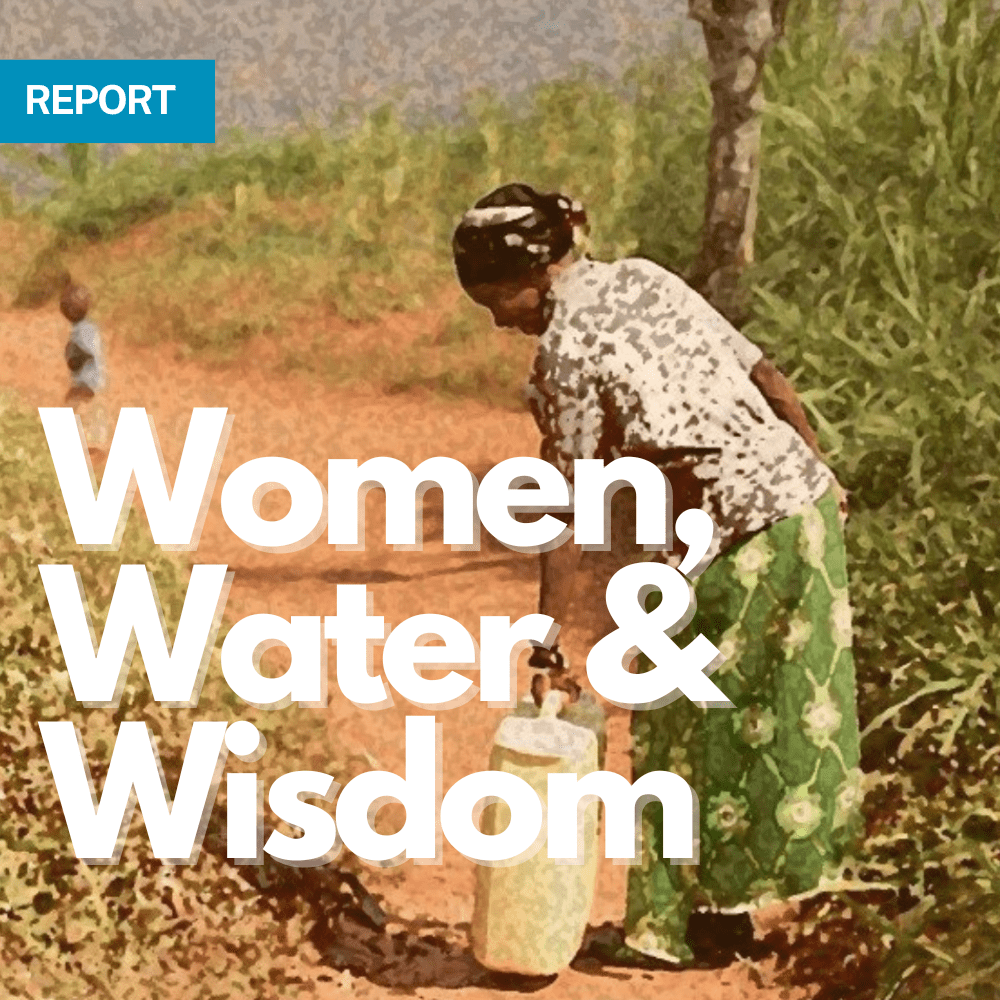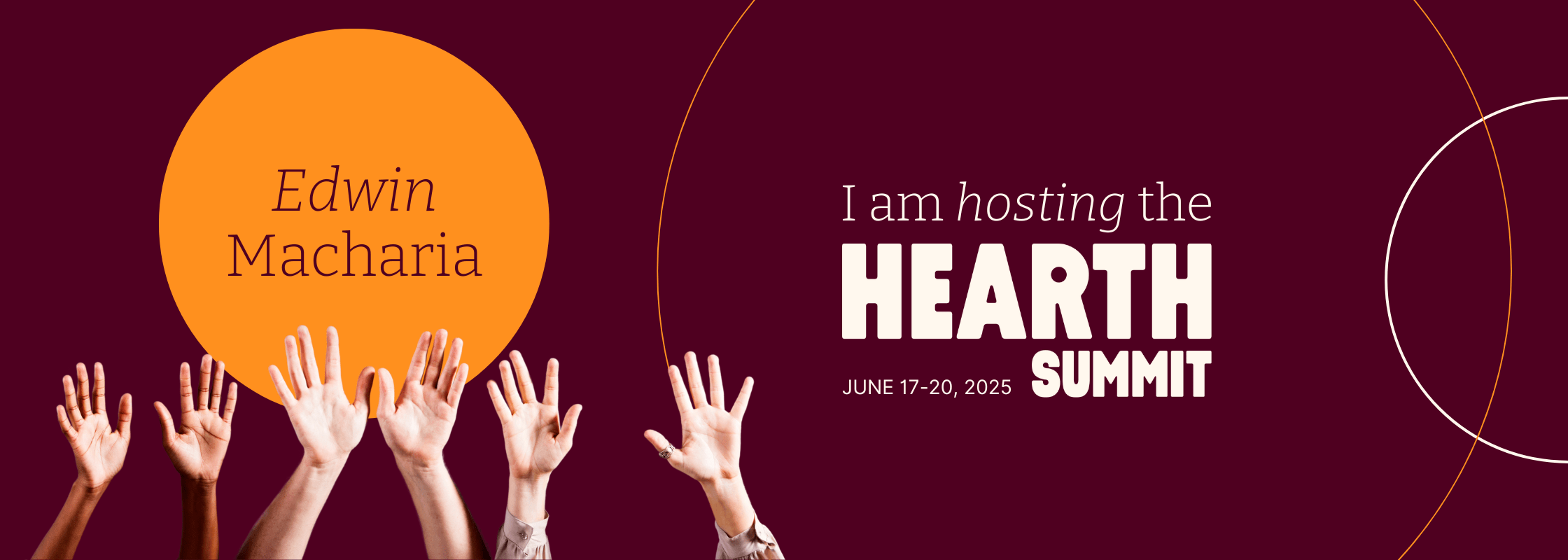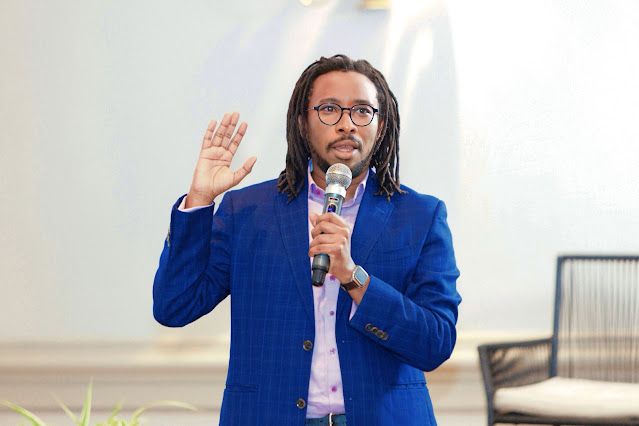Exploring Art, Teraanga, and Social Change With Partcours at the Wellbeing Summit Dakar-ThièsExploring Art, Teraanga, and Social Change With Partcours at the Wellbeing Summit Dakar-Thiès
Learn about the upcoming collaboration between the Wellbeing Summit Dakar-Thiès host, Tostan, and renowned Senegalese art festival, Partcours.
In the heart of West Africa, where the vibrant culture and traditions of Senegal meet the challenges of a rapidly changing world, an extraordinary event is set to unfold: the Wellbeing Summit Dakar-Thiès, hosted by Tostan in partnership with The Wellbeing Project, promises to be a source of hope and inspiration for social change across the continent. At the core of the first Regional Wellbeing Summit in Africa will be a collaboration with Partcours, one of Senegal’s leading contemporary arts festivals. In the 12th edition of this renowned event, a new exhibition, “Yoonu ci biir (The Inner Pathway)”, will explore stories of inner journeys towards wellbeing through the eyes of local artists.
Wellbeing in a Changing World
In a world grappling with unprecedented challenges, the concept of wellbeing takes on a profound significance. The creation of art can be an act of hope; an expression of joy, anger, celebration. Art can provoke us to take action, move us to tears or laughter, and the creative process itself can be integral to our wellbeing.
The Wellbeing Summit Dakar-Thiès is an African-led, African-based initiative, bringing together local, national, and regional leaders. At the heart of this summit is the idea of Teraanga, a cultural concept rooted in Senegal. It reflects the belief that we are all interconnected and interdependent. What affects one individual or community has a ripple effect, impacting everyone. This concept will be reflected throughout the Summit through a dedicated space for discussion and action centred on wellbeing in the African context.
Teraanga reflects the belief that we are all interconnected and interdependent. What affects one individual or community has a ripple effect, impacting everyone.
An integral part of this discussion is the critical role of the arts in fostering creativity, self-expression, and wellbeing in diverse African communities. Believing in The Wellbeing Project’s motto – that wellbeing inspires welldoing – the Summit will explore the arts as a key tool for discovering and unlocking opportunities for social change.

The Arts for Wellbeing: Collaboration with Partcours
For this transformative summit, Partcours has teamed together with Tostan to curate an immersive art experience exploring the concept of wellbeing. The exhibition, “Yoonu ci biir (The Inner Pathway),” will feature the work of two remarkable local artists, Fatim Soumaré and Omar Diouf (Yafane), who have taken unique paths to find their creative practice and viewpoints on wellbeing.
“Art allows me to express, without constraints, my hopes of connecting with our ancestral practices and oral traditions. My works not only reflect cultures inherent in African craftsmanship; they also subscribe to an interdisciplinary dialogue. They bear witness to the progress and ingenuity of collective practices to develop and sustain social and economic activity. Through the thread-craft traditions of the women’s collective I created in 2021, I explore the traces of their existence to ensure the collective preservation of their material and immaterial memory.”
Fatim Soumaré is a Senegalese artist living in the Sine Saloum region who has a deep passion for textiles. She has preserved the ancestral African tradition of falè, the hand-spinning of organic, rain-fed cotton. Fatim’s art is not just a visual experience but a tactile and emotional one. Through her art and home textile brand, she employs a collective of 200 craftswomen, connecting them to their heritage and a source of livelihood.
“Art allows me to express, without constraints, my hopes of connecting with our ancestral practices and oral traditions. My works not only reflect cultures inherent in African craftsmanship; they also subscribe to an interdisciplinary dialogue.”
— Fatim Soumaré


Omar Diouf, also known as Yafane, is a self-taught artist from Mbour, Senegal. A farmer by day, his artistic universe is adorned with diverse and beautifully recycled materials, from shells to mirrors to plastic waste. He infuses his lived experiences in his artwork, bridging elements of sustainability and creativity in his creations.
“For me, art contributes a lot to my community. My creative knowledge and abilities are companions for both me and my community. Art contributes to our African cultural heritage and is an important legacy for the benefit of future generations.”
The art installations, thoughtfully created by these two artists, will be showcased at the Sococim Foundation Cultural Center in Rufisque, near Senegal’s capital, Dakar. The opening night will coincide with the Wellbeing Summit Dakar-Thiès, bringing together artistic expression and reflections on wellbeing from an African perspective.
“Art contributes to our African cultural heritage and is an important legacy for the benefit of future generations.”
— Omar Diouf (Yafane)
This collaboration is a unique opportunity to connect local changemakers, artists, and wellbeing practitioners from across Africa to share ideas and experience the profound impact art can have on wellbeing, and wellbeing on art.
As Partcours’ curator Mauro Petroni noted, “Our two featured artists’ inventions explore very different paths. However, both start from their own intimate lives and arrive at the same point.”
In Yafane’s work, he explained, we can see a forward journey from his roots. As a farmer, he lives in a field that is his space and his workshop. Completely self-taught, he accumulates all sorts of things and arranges them to achieve an expression of skilful simplicity. This allows him to go wherever and land wherever – totally uninhibited.
Meanwhile, in Fatim’s pieces, we can see the reverse as she journeys towards her origins. Having set off from another world, she comes to the collective source to rediscover the simple wisdom of tradition. From there, she continues a journey without contradiction into the poetics of woven thread and the social lives of women artisans. She takes us with her, with her lightness and her laughter.
Petroni concluded, “At some point in history, thanks to wellbeing, they crossed paths. Fatim and Yafane will be our guides and our examples, teaching us the understanding and expression of their human experience.”
Fatim and Yafane’s creations will be one part of the Wellbeing Summit Dakar-Thiès’ larger programme, which will feature local and regional arts and music to help foster self-reflection and shared connection. West African song and dance, contemporary art installations, and theatre will be woven into the Summit – inspiring a unique individual experience that can lead to collective action and wellbeing for all.
“Yoonu ci biir (The Inner Pathway)” will open on Thursday, 30th November at 17:30 at the Sococim Foundation Cultural Centre, where attendees can meet the artists who will participate in a dialogue on art and wellbeing.
Those in Senegal can enjoy the exhibition from 30th November to 31st December 2023 as part of the collaboration between Partcours and the Wellbeing Summit Dakar-Thiès.


























































